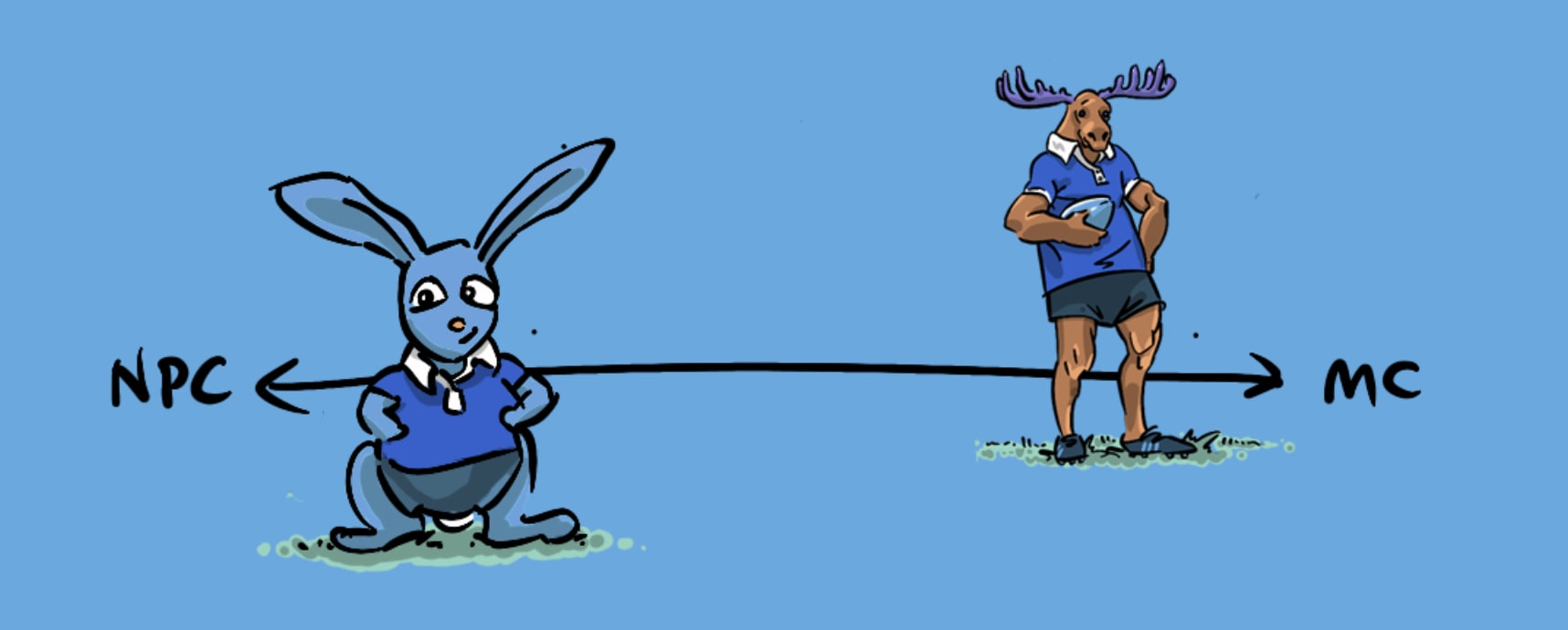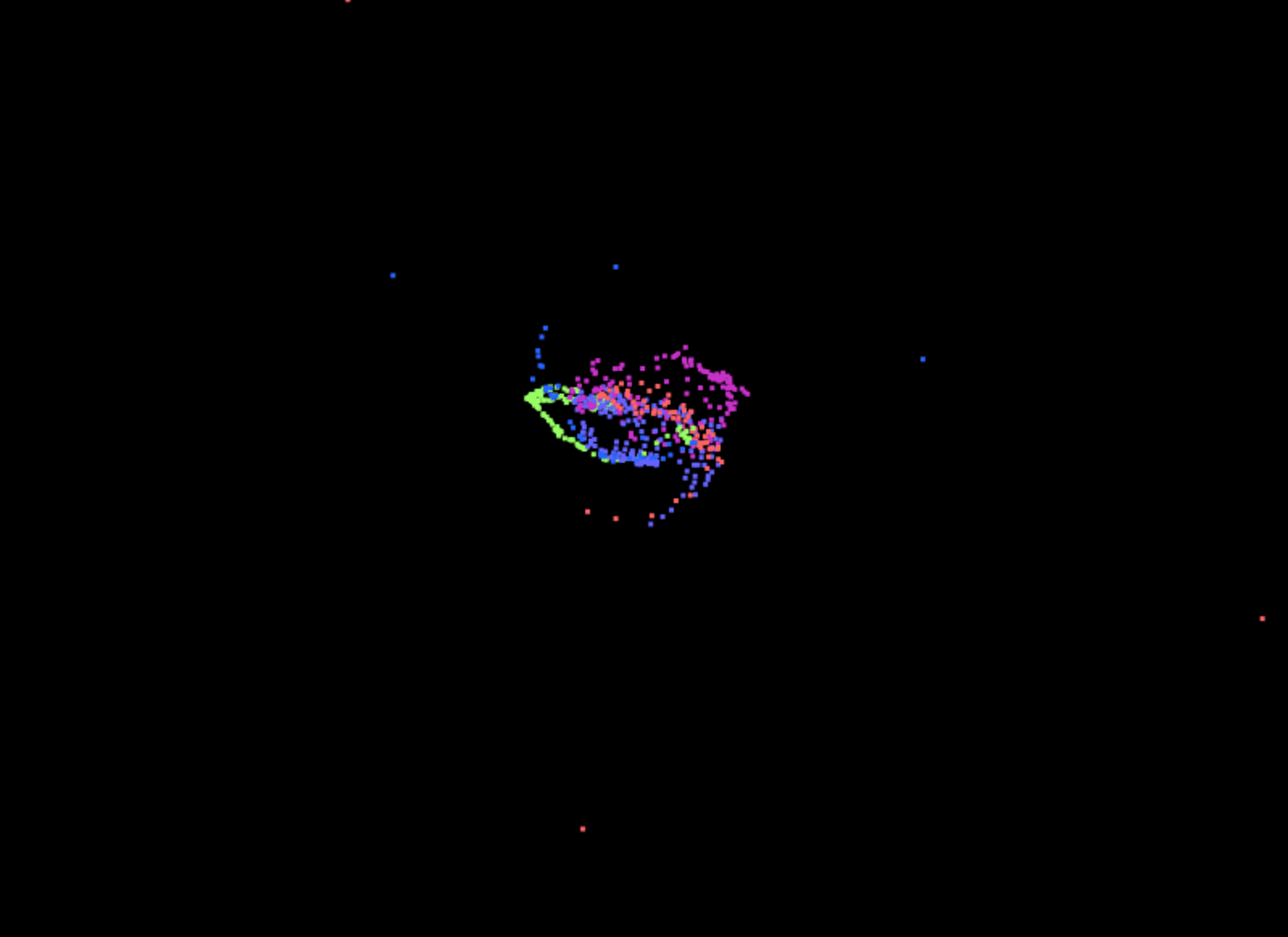Unlocking Solutions—by understanding coordination problems
The following is a post introducing coordination problems, using the examples of poaching, civilisational development, drug addiction and affirmative action. It draws on my experience as a documentary filmmaker. The post is available for free in its original format at nonzerosum.games and is available in audio on the Non-Zero-Sum James Podcast. When I was eleven, I disassembled the lock to our back door, and as I opened the housing… it exploded, scattering six tiny brass pellets on to the floor. I discovered (too late) that a lock of this type contained spring-loaded cylinders of different heights corresponding to the teeth of the key. I struggled for hours trying to get the little buggers back in, but it was futile—eventually, my long suffering parents called a locksmith. The reason fixing the lock was so difficult was not only because it was spring-loaded but because I had to find the right combination and hold them all in balance as I put it back together. I just couldn’t coordinate everything. Coordination Problems We sometimes run into problems where a number of factors have to be addressed simultaneously in order for them to be effective at all. One weak link can ruin it for the rest. These are called Coordination Problems. The fact that they are so much more difficult to solve than other problems means that many of the problems remaining in the world today, end up being coordination problems. Poaching An example of a system requiring more than one problem to be solved at once, is poaching. If you police poaching behavior but don’t address the buyers you are left with the perpetual cost of policing, because the demand remains. If you address the buyers, the poachers, who are likely living in poverty may just move on to some other criminal behavior. Daniel Schmachtenberger tells the story of eliminating elephant poaching in one particular region in Africa: > “The first one I noticed when I was a kid was trying to solve an elephant poaching issu














Right, nice catch. I'll add that as a note, as I think it's still fair to say that the term came from the world of video games, as that's the route it took into common parlance, even if it's not the origin.